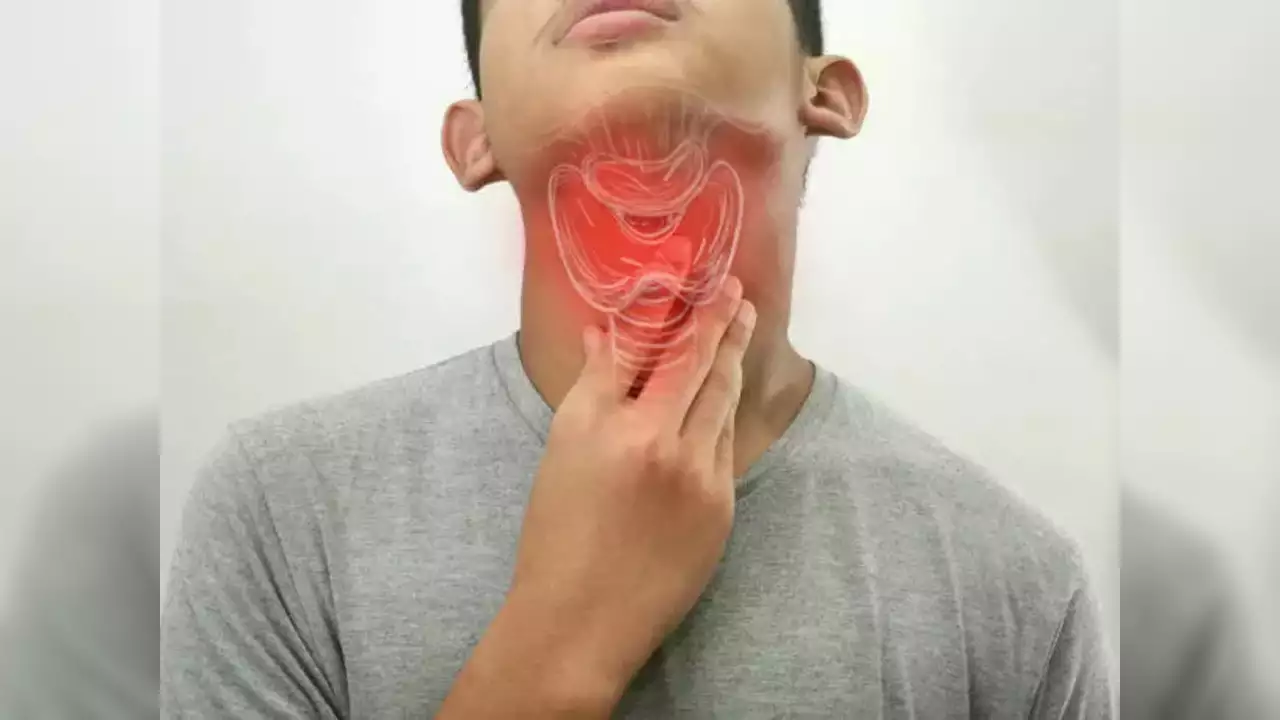Protect Yourself and Your Loved Ones from Mumps
Understanding Mumps: A Growing Concern in Delhi NCR
The rise in mumps cases, especially in Delhi NCR, is sounding alarms nationwide. This highly contagious viral infection targets the saliva-producing parotid glands, leading to swelling in the face—a telltale sign of the disease. The transmission occurs through respiratory droplets from coughs or sneezes, underlining the importance of vigilance around infected individuals.
Recognizing Symptoms: Early Warning Signs
In children, mumps typically manifests with symptoms like fever, headache, muscle aches, fatigue, and loss of appetite. The distinctive swelling and tenderness of the salivary glands, particularly around the ears, are hallmark indications. Additionally, children might complain of earaches or jaw pains.
Similarly, adults experience similar early symptoms but may suffer more severe consequences. Painful swelling of the salivary glands, particularly near the ears, can impede basic functions like chewing, swallowing, or speaking. Some adults might even encounter complications such as testicular or ovarian swelling, meningitis, or encephalitis.
Grave Complications: Understanding the Risks
The complications associated with mumps are not to be taken lightly. In males, it can lead to orchitis (testicular swelling) potentially causing infertility, while females might suffer from oophoritis (ovarian swelling), affecting fertility. Furthermore, meningitis and encephalitis pose significant risks, potentially leading to neurological issues or, in rare cases, death. Deafness and pancreatitis are other potential complications.
Preventive Measures: Protecting Against Mumps
Vaccination remains the most effective preventive measure against mumps. In India, the MMR (measles, mumps, and rubella) vaccine is recommended, with doses typically administered at 9-12 months and a booster shot at 16-24 months. Low vaccination rates, particularly among children aged 6-7, contribute to the prevalence of mumps cases.
Expert Insights: Nurturing Health Through Hygiene
Dr. Shreya Dubey, a Consultant in Neonatology & Pediatrics at CK Birla Hospital Gurgaon, emphasizes the vulnerability of children to mumps due to their developing immune systems and frequent social interactions. She stresses the importance of instilling proper hygiene practices, including frequent handwashing and avoiding the sharing of personal items, to safeguard children’s health.
Take Charge: Promoting Awareness and Action
Staying informed about mumps symptoms and preventive measures is crucial for safeguarding individuals and communities. By prioritizing vaccination, practicing good hygiene, and seeking prompt medical attention when needed, we can mitigate the risks associated with mumps and protect the well-being of ourselves and our loved ones.















































